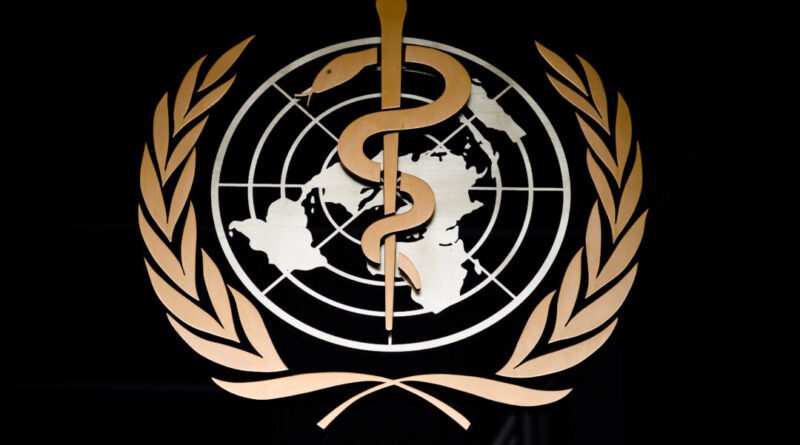Health Minister asserts that lockdowns are a critical boundary in WHO Treaty
Former Home Secretary Suella Braverman emphasized that ‘no pandemic treaty is preferable to a poor pandemic treaty.’
A health minister has rejected the inclusion of lockdown mandates in a proposed World Health Organisation (WHO) treaty on pandemic prevention and preparedness, stating it as a “red line.”
Health minister Andrew Stephenson informed Parliament that the government is vigorously advocating for Britain’s interests and insists that any treaty resulting from negotiations must “fully respect national sovereignty” according to the WHO.
Addressing the ongoing negotiations on the pandemic agreement, Mr. Stephenson categorically stated in the Commons that “we will not allow the WHO to mandate lockdowns under any circumstances.”
He affirmed that the government will only entertain amendments to the international health regulations that serve the UK’s interests.
Former Home Secretary Suella Braverman echoed the sentiment by saying, “we must not compromise our sovereignty or agree to a lockdown treaty under any circumstances.”
International Pandemic Treaty
In 2021, global leaders issued a “critical call” for an international pandemic treaty, with former Prime Minister Boris Johnson as a co-signatory.
The WHO described such a treaty as a signal of “urgent political action required to safeguard the world from future health crises.”
WHO members are scheduled to convene in Geneva for the 77th World Health Assembly in May to discuss the proposed treaty or convention.
Skepticism and concerns have arisen about the treaty, with apprehensions that it could grant more powers and sovereignty to the WHO.
Binding Powers
Conservative MP Danny Kruger noted, “Based on recent drafts, we know the WHO’s true agenda. They aim to wield binding powers over national governments to enforce various restrictive measures on our citizens.”
Mr. Kruger has been at the forefront of scrutinizing the organization’s proposal and has collaborated with the campaign group UsForThem, which represented children and youth during COVID-19 lockdowns.
He inquired about the possibility of a parliamentary vote on the treaty’s ratification.
Mr. Stephenson replied, “The UK’s treaty-making process dictates that the accord is negotiated and approved by the government.”
He emphasized that there is no finalized treaty yet and that the parliamentary adoption process hinges on the specific structure of the accord under the WHO constitution’s provisions.
Still Being Negotiated
Ms. Braverman voiced her concerns, reiterating that “we must not relinquish our sovereignty or agree to a lockdown charter under any circumstances.”
Conservative MP Philip Hollobone raised concerns about the WHO’s ties to the Chinese Communist Party.
Mr. Hollobone criticized the WHO as a “failing, expensive, unelected, unaccountable supranational body” influenced by the global elite and funded by a few non-state actors, with China exerting a negative influence.
He added, “The initial drafts of this treaty should have raised alarms in Whitehall about this attempted power grab.”
The shadow health minister Andrew Gwynne assured that Labour would not back anything causing the population to be vulnerable to new diseases.
Mr. Gwynne sought reassurance from the government that they “will not agree to anything compromising the UK’s ability to make domestic decisions on national public health measures.”
The Epoch Times reached out to the WHO for a comment.
PA Media contributed to this report.



